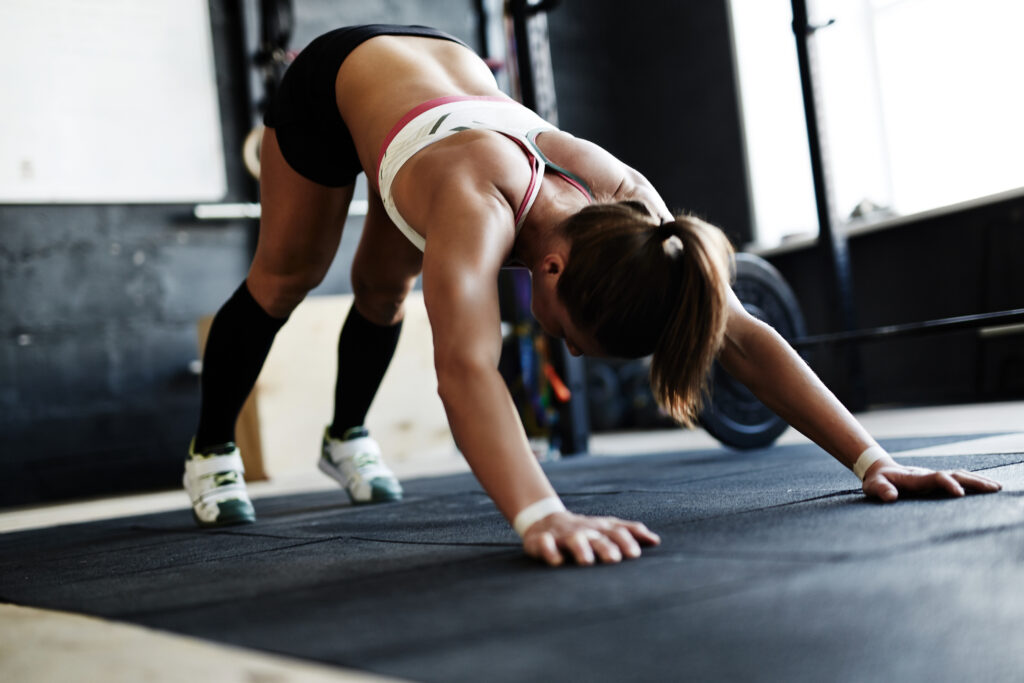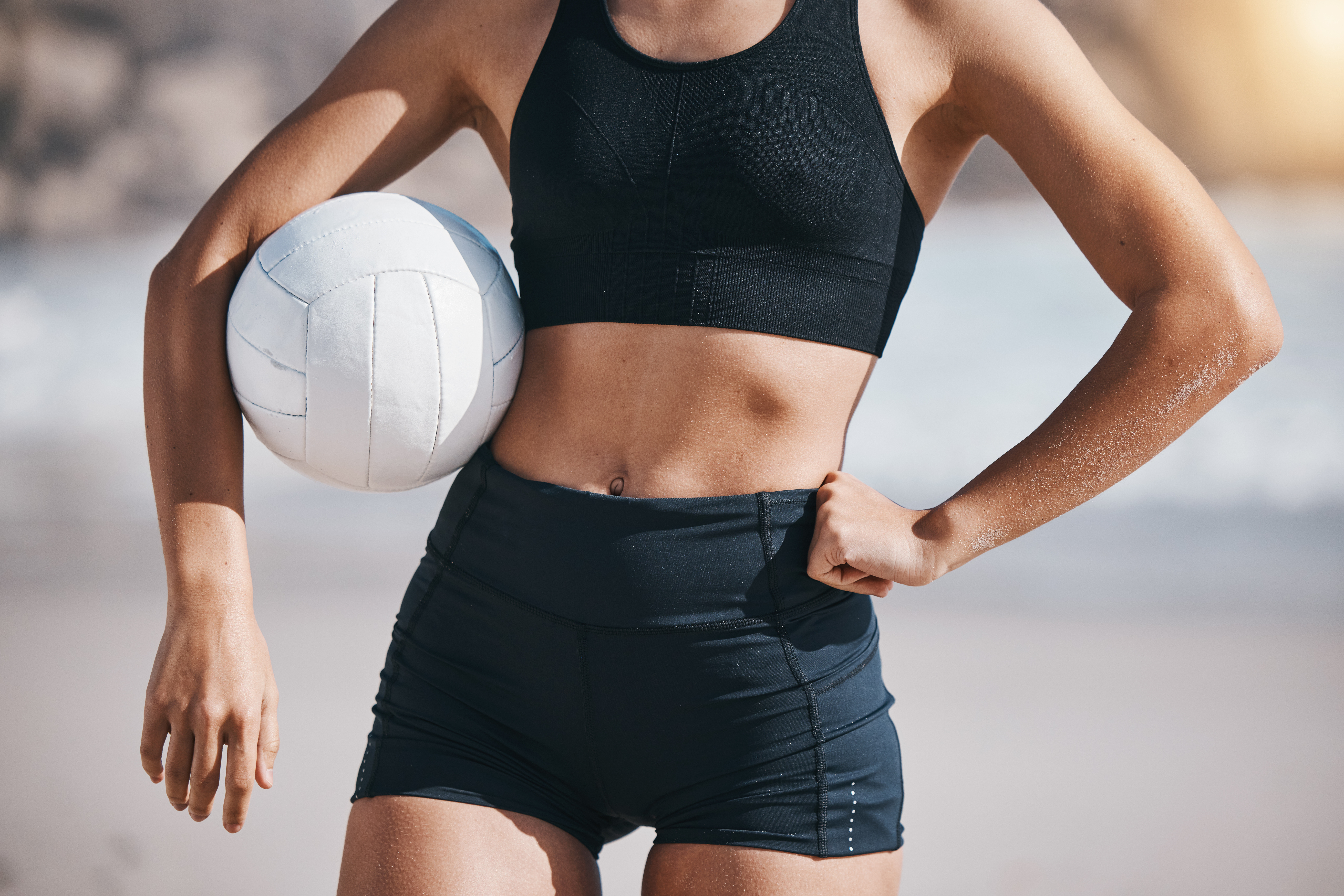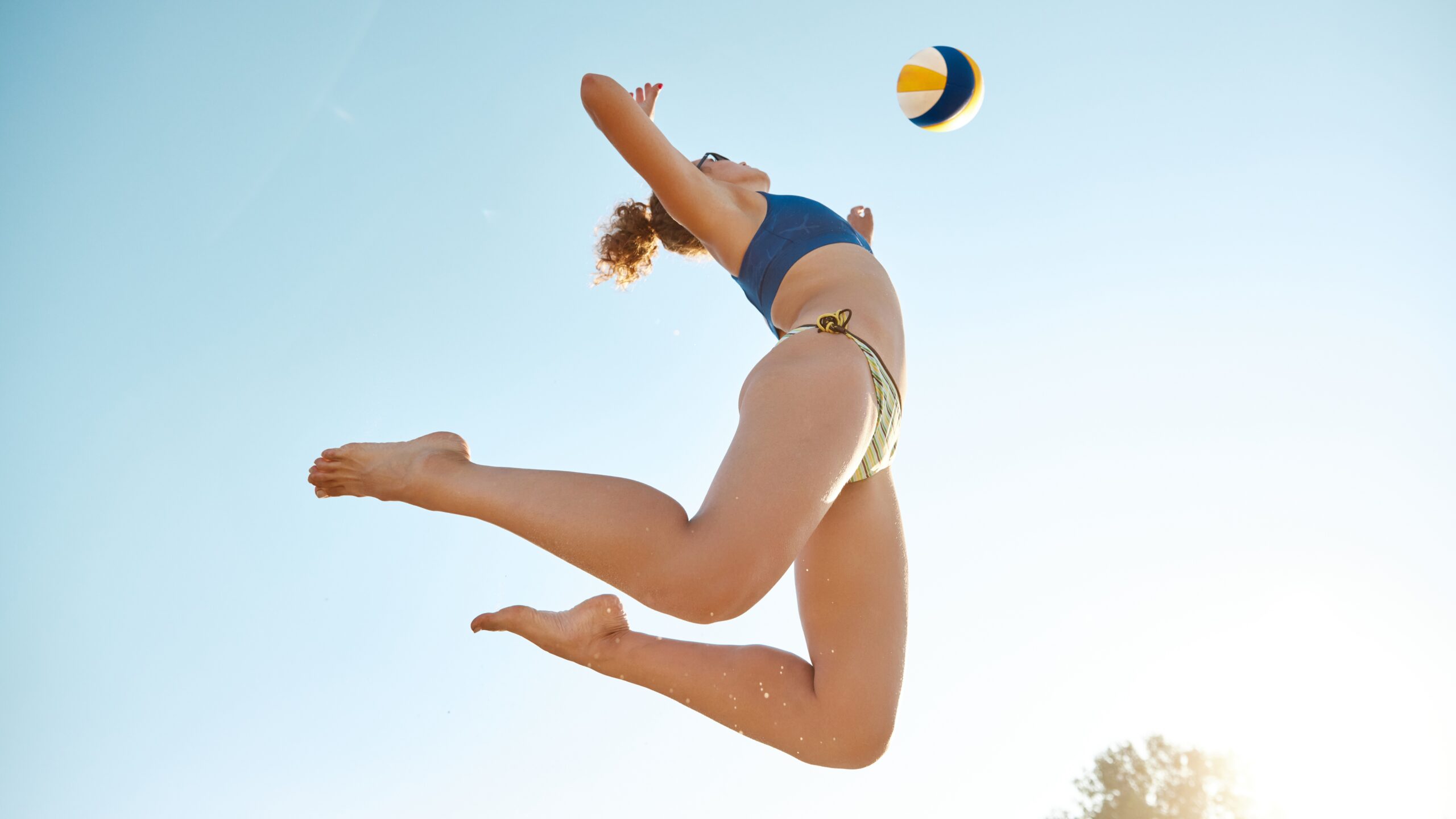Creatine is a supplement naturally created by the body and frequently used by athletes through supplementation to improve athletic performance in a wide range of workout routines and activities.
Essentially, creatine is the ideal nutritional supplement for every athlete because it acts as a very quick, limited source of energy for very high intensity muscle contractions.
Fortunately, creatine is one of the most studied and scientifically backed supplements in the market. Since the range of physical activities that benefit from creatine supplementation is so wide, in this article we will focus on the specific effects of creatine in some of the most popular competitive sports.
Let’s go ahead with CREATINE AND SPORTS.

WHAT ABOUT CYCLING?
While the effects of creatine in cycling have been extensively studied, most of its benefits -while measurable- occur in an extremely quick timeframe.
Most studies concur that that creatine supplementation is effective at increasing muscle mass and strength through resistance training. If you are focusing on weightlifting during the cycling offseason, creatine is a good option to help improve your skills.
Another way science shows it can help cyclists is by improving a single maximal sprint effort. These short bursts of energy are a fundamental aspect of competitive cycling and can greatly benefit from the direct effects of creatine. Additionally, creatine helps increase muscle glycogen as one of its core properties, so it may also be helpful at the end of the long ride to the finish.
Overall, creatine supplementation is particularly recommendable for offseason training –particularly muscle mass and strength- and for the benefits associated with ATP replenishment.
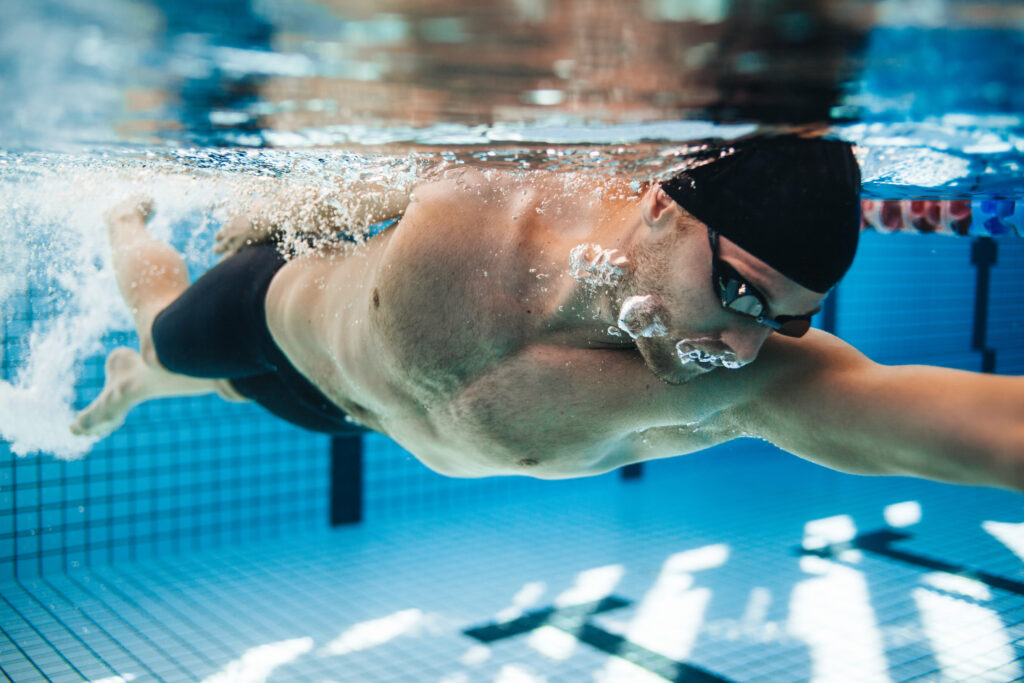
REGARDING SWIMMING
When it comes to supplementation for swimmers, creatine has caused quite a stir over the years even though science research thoroughly backs up its use.
It all started when French Olympic swimmer Florent Manaudou admitted in 2014 to having been taking creatine for three years. Despite the controversy, it had been stablished that it was not a prohibited substance by any means.
As with most sports, strength training, muscle mass and increased recovery are a fundamental part of the preparation and research leaves little doubt about the effectivity of creatine supplementation in this aspect.
SHORT TERM STUDIES
Short term studies on swimming performance have been decidedly consistent in pointing at the benefits of creatine supplementation.
- One study tested swimmers in a 50-yard all-out sprint and another 8×50 all-out sprint test before and after supplementation. After creatine, the group improved on the repeated sprint set.
- Similarly, a swimming velocity test was held in sprints of around 30 seconds in 6x50m interval sets, showing an improvement in times and performance after using creatine.
- Another study performed on 16 female swimmers showed swimming efficiency significantly increasing after the supplementation period of 21 days of 20g of creatine intake per day. Additionally, this study found no differences in body weight between the creatine group and the control group despite the bloating effect commonly associated with creatine.
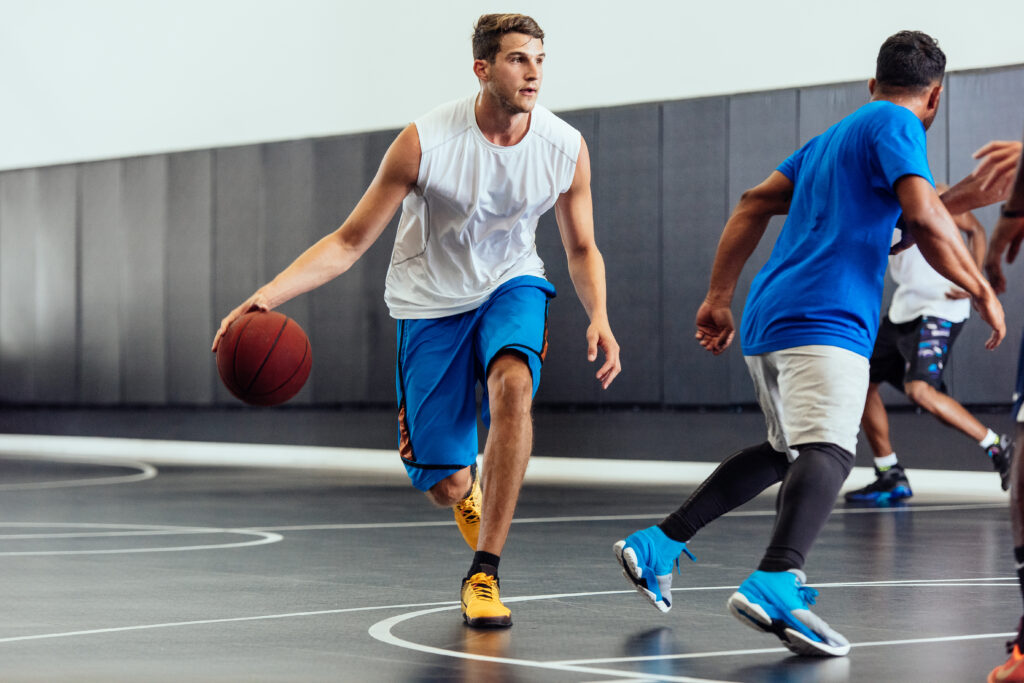
BASKETBALL TIME!
Basketball players who wish to acquire a competitive advantage look for new ways to improve their on-court abilities. Because it improves performance during bouts of high-intensity training, creatine is a popular sports supplement in the basketball industry.
More specific effects can be easily tracked down to the specifics of the sport. For instance, sprinting along the length of the court will be regularly required throughout the game. Research has shown that creatine supplementation can help you improve your performance in single and consecutive sprints.
These results tend to be more pronounced when sprinting times vary from six to thirty seconds, with recovery periods of 30 seconds to five minutes between sprints. This is because the energetic metabolism in these instances is controlled by the anaerobic energy systems which benefit directly from creatine properties. In other words, creatine makes you faster on the court.
Another instance is the vertical jump, about which science leaves no room for doubt: creatine boosts anaerobic power for quick, explosive actions, which directly increases vertical jump.
This property will also positively affect other examples of basketball dynamics such as dribbling, shooting, passing and blocking, making for a more complete and efficient performance.
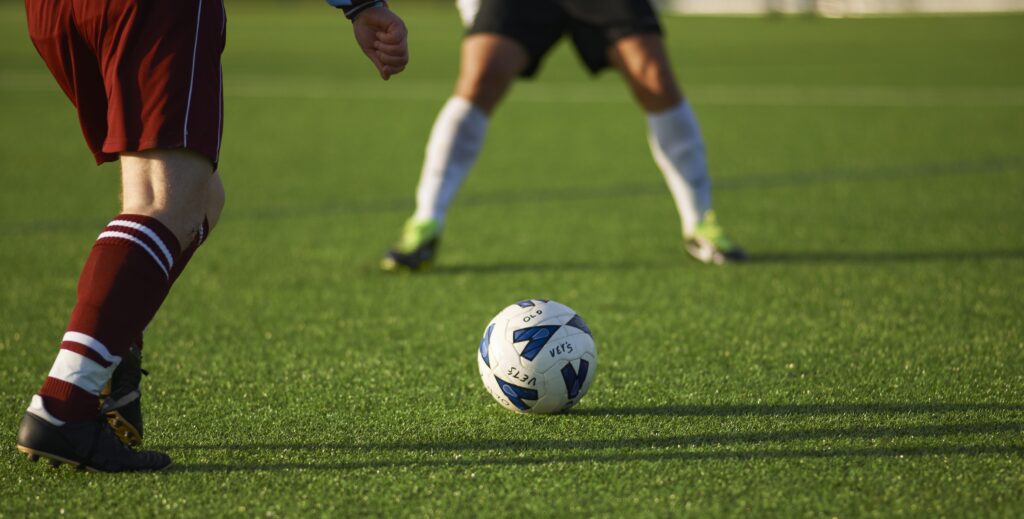
SOCCER FACTS
As it is the case with other sports in this article, the tested benefits of creatine can help soccer players in many ways related to power, strength and resistance, as well as overall anaerobic performance.
For instance, a study with a sample group of 20 young soccer players on a 10g, three-times-a-day supplementation performing skill tests specific to soccer showed a significant improvement in such vital abilities as dribbling, sprint power and vertical jump height compared to the placebo group. Additional tests on male soccer players have offered similar results.
Other research instances conducted on a group of elite female soccer players found that the group on creatine supplements achieved faster times in both sprint and agility-related runs.
These benefits are of particular interest for soccer players due to the acute adjustments in their muscles required to perform short sprints, shots, and jumps.

CONCLUSION
As shown in this article, creatine supplementation seems to have proven its worth as an aid for increased performance in several different competition sports.
In the case of cycling, offseason training can benefit from creatine due to its effects on muscle mass and strength. Both ATP stores recovery and maximal sprints are of great help to cyclists, and both are directly improved by creatine supplementation.
If swimming is your thing, you will be happy to know that science leaves no doubt about the positive effects of creatine in strength training, muscle mass and increased recovery. Additionally, short term studies tend to back the notion that its supplementation provides an all-around help for swimmers.
Creatine is also popular among basketball players because it improves performance during bouts of high-intensity training, positively affecting basketball-specific actions such as single and consecutive sprinting, vertical jump, overall speed and dribbling, shooting, passing, or blocking.
Anaerobic performance and resistance are just a few of the different skills in which soccer players can benefit from creatine supplementation. Science shows that the effect of creatine in power and agility helps players dribble, jump, and sprint.
In conclusion, creatine and sports seem to go perfectly well togather. To get the most out of it, we suggest taking creatine supplementation that contains both creatine monohydrate and phosphocreatine, such as Clonapure®, which is manufactured in a GMP site and undergoes continuous testing (HPLC) to verify its purity and quality. If you want to try Clonapure®, you can find it here.
